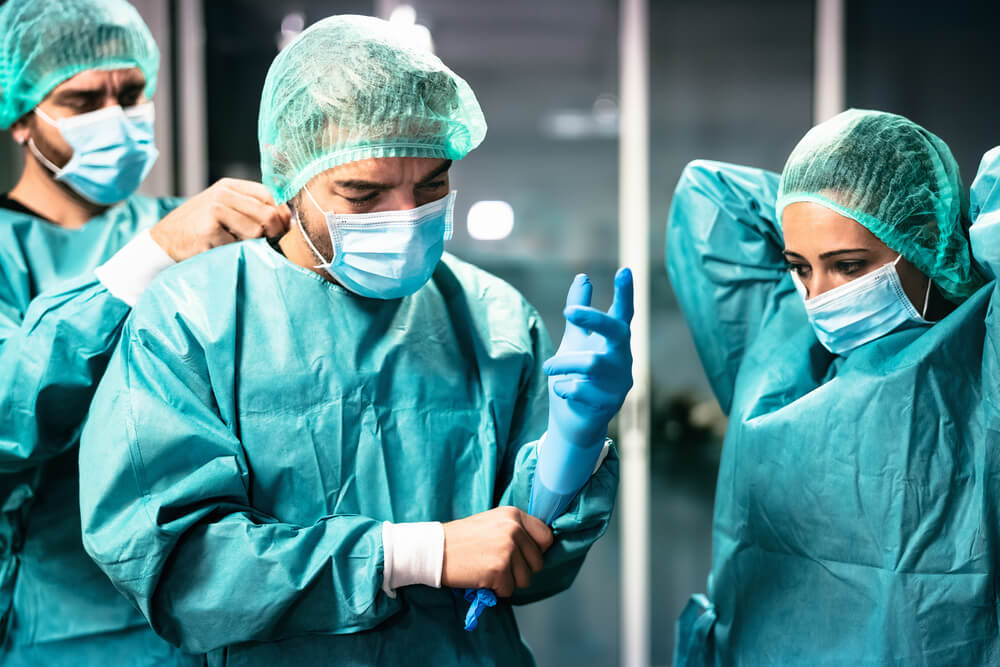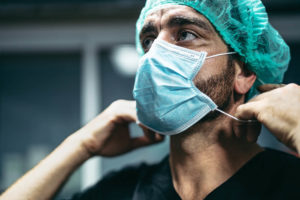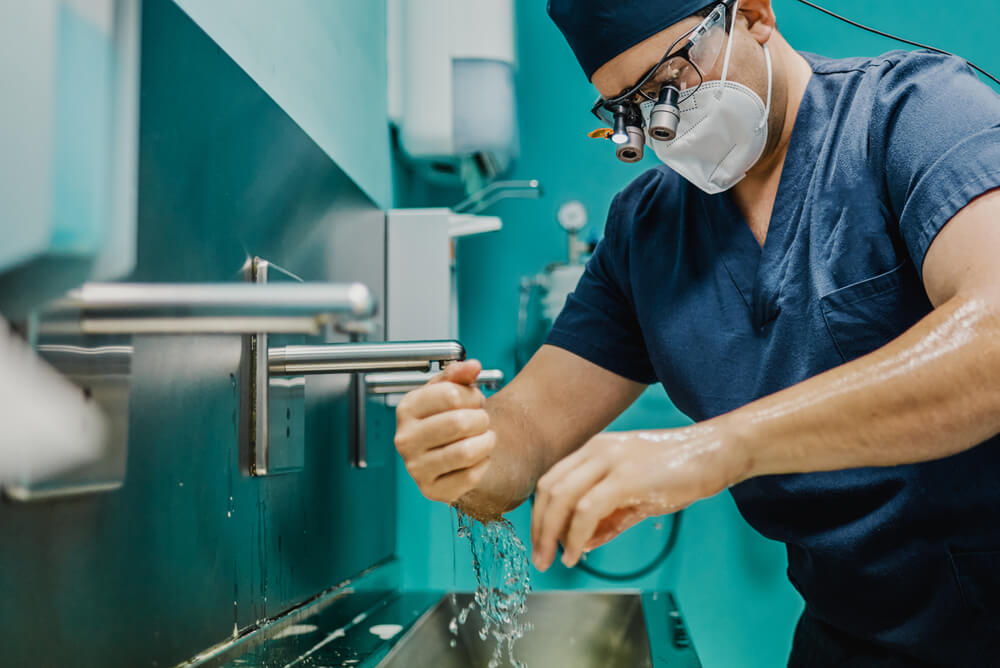
22 Feb Best Practices for Infection Prevention in Ambulatory Surgery Centers
Infections are a major concern in healthcare settings like ambulatory surgery centers (ASCs). ASCs are healthcare facilities where surgeries get performed on an outpatient basis. ASCs are often at higher risk for infection due to the nature of their work.
Similar to other healthcare settings, ASCs must follow best practices for infection prevention to reduce the risk of infection. They can also enlist the help of an infection control consultant to help keep patients and employees safe. Keep reading to understand how to improve infection prevention in ASCs.
Steps for Infection Prevention in Ambulatory Surgery Centers
Ambulatory surgery centers (ASCs) must have procedures in place to prevent the spread of infectious diseases. These procedures help protect the health of patients and staff. The best practices for infection prevention in ASCs include the following:
Proper Staff Training
The first step in preventing infections in ASCs is to ensure proper staff training. All staff members should receive training on infection prevention and control.
They should also understand infection control principles. That includes knowledge on:
- Good hand hygiene
- Proper use of personal protective equipment (PPE)
- Safe disposal of infectious materials
Additionally, staff should get trained on the use and maintenance of medical equipment. Sometimes, there are new health threats. ASCs should offer updated infection control education to new and experienced technicians as new information comes to light.
Adequate Cleaning and Disinfection
ASC staff should regularly clean and disinfect all surfaces and equipment. Workers should follow instructions found on the cleaning and disinfection supplies and equipment. In addition, they should adhere to the facility’s environmental cleaning and disinfection procedures and instrument sterilization protocols.
Ambulatory surgery centers (ASCs) use many different pieces of equipment. The relevant staff should clean and disinfect them after use.
Follow manufacturer’s instructions for cleaning and decontamination of surgical Instruments. Sterilization procedures should follow the manufacturer’s instructions as well. Doing so helps to ensure sterile instruments are used during surgical procedures.
Good Hand Hygiene
Some types of bacteria are often present in ambulatory surgery centers (ASCs). Examples are Staphylococcus aureus and Enterococcus. Good hand hygiene is a simple yet effective way of keeping infections like these at bay. ASCs should take time to train healthcare staff on hand hygiene properly.
Healthcare workers can wash their hands with soap and water. Alternatively, they can use an alcohol-based hand sanitizer in most clinical situations. According to hand hygiene guidelines, healthcare staff must clean their hands:
- Before touching patients
- After handling any body fluids or blood
- After touching a patient or their surroundings
- After removing gloves
- Before touching invasive medical devices
- Before aseptic procedures
Patient Cohorting
Patient cohorting is a method of grouping patients by similar infection risk- for example, by health condition. This helps to reduce the risk of infection to susceptible patients. ASCs can use patient cohorting for effective infection control. They can group patients who have or lack the same infectious agents together. In doing so, ASCs can reduce the risk of cross-contamination.
Use of Personal Protective Equipment

Vaccination
Healthcare worker vaccination is essential for infection prevention in ambulatory surgery centers (ASCs). Healthcare practitioners should adhere to the recommended vaccination schedule.
Vaccines reduce the risk of the spread of contagious illnesses. So, vaccinating staff reduces the risk of disease transmission to others. This, in turn, reduces the risk of infections occurring in an ASC.
ASCs should ensure that all healthcare workers receive the recommended vaccinations. Also, new strains of viruses may emerge and require updated vaccinations. ASCs should be able to provide such vaccines or if not feasible, consider having an agreement with an occupational health clinic to provide recommended immunizations.
Safe Injection Practices
Safe injection practices ensure the safety of patients in ASCs. There are various safe injection measures that healthcare workers should practice.
One very important prevention measure that may be overlooked is practicing proper hand hygiene. This can be accomplished with soap and water or alcohol based hand sanitizer before using syringes or handling medications. Another measure involves disinfecting medication vials with alcohol before inserting a needle into the vial septum or stopper. This must be done prior to every use, including the first time a vial is used since the vial lid doesn’t protect the stopper from contamination. Other safe injection measures include:
- Using a new sterile needle and syringe on each patient
- Entering medication vials with a new sterile needle and syringe every time the vial is entered
- Preparing drugs in a clean environment
- Opting for single-dose medication vials when possible
- Never drawing up medication from a multidose vial in the patient care area (e.g., operating or procedure room)
Develop an Infection Prevention Plan to Guarantee Safety
Infection prevention is essential for providing quality care in ambulatory surgery centers (ASCs). ASCs should take infection prevention measures seriously. Doing so will ensure that patients are receiving high-quality care. Infection prevention measures also help protect staff from the spread of infectious diseases.
If you want to keep your dental practice free of infectious disease, download our infection prevention checklist or contact our team today.

